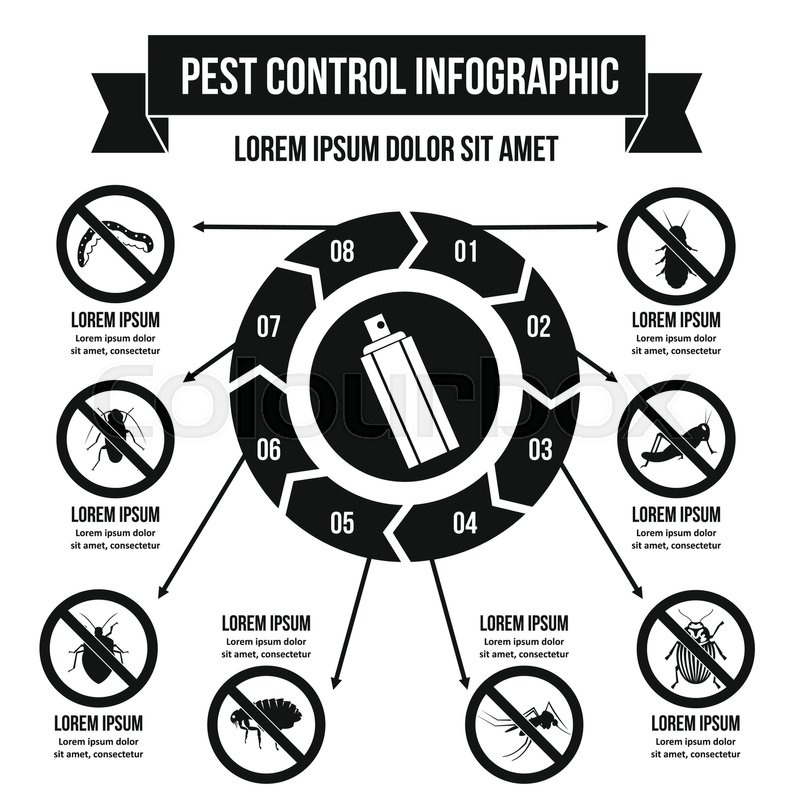Prepare To Turn Your Yard Right Into A Pest-Free Sanctuary Utilizing These Creative Recommendations And Methods
Prepare To Turn Your Yard Right Into A Pest-Free Sanctuary Utilizing These Creative Recommendations And Methods
Blog Article
Material Written By-Walters Qvist
Imagine your yard as a shelter, an area of peace and beauty. However, the presence of outside pests can swiftly interrupt this picturesque photo. Suppose there were straightforward yet reliable methods to keep these unwelcome site visitors at bay and shield your yard oasis? By complying with a few practical pointers and executing natural approaches, you can produce an unified outdoor room where your plants can flourish uninterrupted.
Natural Parasite Deterrents
To maintain pests away from your garden normally, plant aromatic natural herbs like mint and lavender. These aromatic plants not just include appeal to your garden yet additionally act as reliable bug deterrents. Insects like insects, flies, and even some garden-damaging insects are warded off by the solid fragrances emitted by these natural herbs. Merely positioning them strategically around your garden can aid produce an all-natural obstacle versus unwanted parasites.
Along with mint and lavender, take into consideration growing other herbs like rosemary, basil, and lemongrass to additionally improve your yard's pest-proofing capacities. These herbs not just function as all-natural repellents however also have the included advantage of serving in cooking or crafting self-made remedies.
Strategic Plant Positioning
Think about the layout of your yard and the sorts of plants you need to strategically position them for optimum pest-proofing effectiveness.
Start by organizing plants with comparable resistance to parasites with each other. By doing this, you can create a natural barrier that deters bugs from spreading out throughout your garden.
Additionally, putting pest-repelling plants like marigolds, lavender, or mint near even more vulnerable plants can help protect them. High plants, such as sunflowers or corn, can function as a guard for shorter plants against parasites like bunnies or ground-dwelling bugs.
Remember to leave adequate room between plants to enhance air flow and decrease the threat of diseases that pests may lug.
Furthermore, think about planting best pest control services -smelling natural herbs like rosemary or basil near vulnerable plants to puzzle bugs' detects and make it harder for them to situate their targets.
Reliable Bug Control Methods
For combating garden bugs efficiently, applying a multi-faceted pest control approach is vital. Start by motivating all-natural predators like birds, ladybugs, and praying mantises to aid keep insect populations in check. Introducing plants that bring in these valuable insects can help in bug control. Additionally, exercising great yard hygiene by getting rid of particles and weeds where parasites could hide can make your yard much less welcoming to unwanted visitors.
Take into consideration making use of physical barriers such as row cover materials or netting to shield prone plants from insects like caterpillars and birds. Applying organic pesticides like neem oil or insecticidal soap can additionally work against particular bugs while being less hazardous to valuable insects and the setting. It's essential to turn your plants each season to prevent the build-up of insect populaces that target certain plants.
Frequently examine mosquito control for yard for indicators of parasite damages so you can act without delay. By incorporating these methods and remaining vigilant, you can efficiently regulate garden pests and appreciate a flourishing, pest-free yard.
Final thought
So, there you have it - with the right strategies, you can keep pesky outdoor parasites away from your garden and help your plants prosper.
Did you know that planting mint has been revealed to push back insects and other bugs, reducing the requirement for damaging chemicals by approximately 60%?
By including all-natural deterrents and smart growing techniques, you can develop an attractive and pest-resistant garden sanctuary for you to appreciate.
